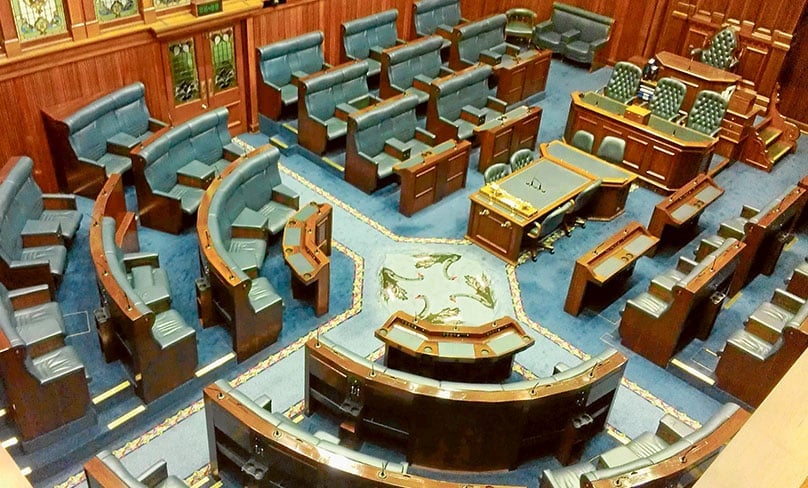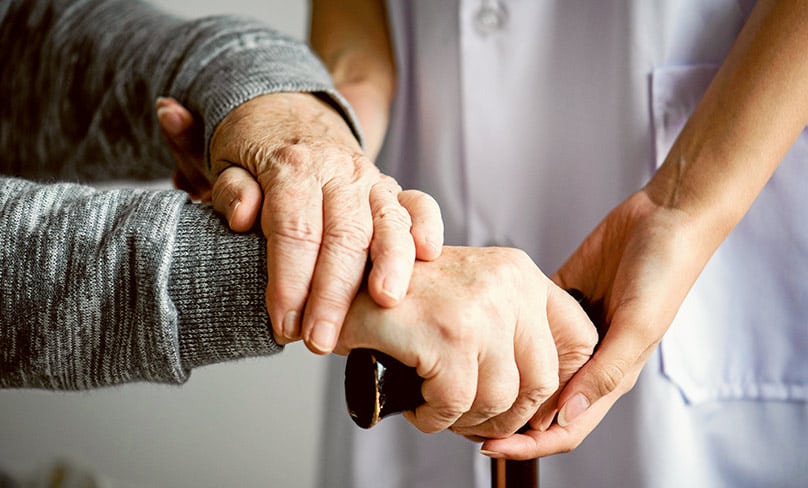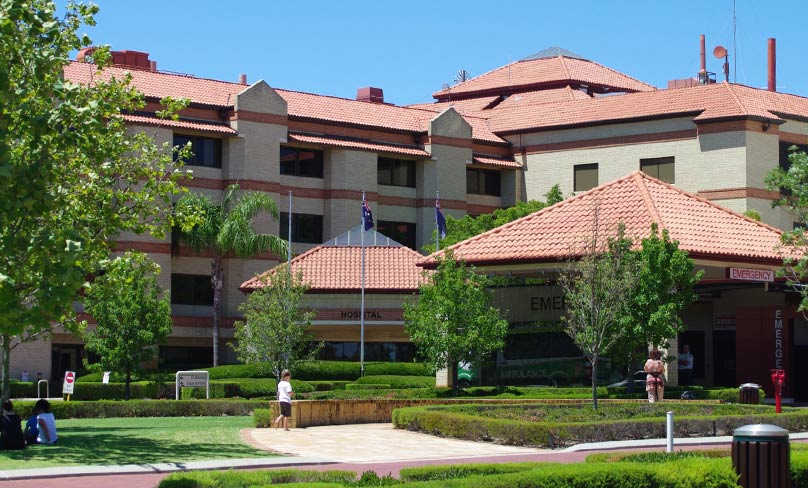
State’s healthcare providers refuse to enact euthanasia laws more permissive than Victoria
Catholic health providers and advocacy groups in Western Australia have pushed back against the state government’s attempt to legalise assisted suicide and euthanasia and called for urgent improvement of palliative care across the state.
The McGowan government is expected to introduce legislation after receiving a report last month on how to implement from an expert panel led by former WA governor Malcolm McCusker.
The proposed legislation will remove a number of safeguards present in the Victorian legislation. The state’s MPs will be given a conscience vote in what is expected to be a hotly-contested parliamentary debate, particularly in the upper house.
If passed, WA would become the second state after Victoria to allow terminally ill patients to die by lethal drug, assisted by a doctor if needed.
In a submission to the WA expert panel, St John of God Health Care – a major provider in the state – said it would not allow voluntary assisted suicide at its seven WA hospitals and specialised palliative care units.
It also called for increased funding for palliative care and expansion of palliative care services.
SJOG Health Care Group CEO Dr Shane Kelly said while the organisation will not support voluntary assisted dying and euthanasia it will respond to the needs and requests of patients in a “sensitive and non-judgemental manner”.
“We are carefully reviewing the proposed legislation in Western Australia to understand its impact, including the provisions for individuals, groups and organisations to refuse to provide voluntary assisted dying,” he said.
Dr Kelly said a focus on increasing access to palliative services would better serve the interests of West Australians as there are large disparities in equity of access.
“In particular, additional resources to meet the needs of people from Aboriginal and Torres Strait Islander communities, those living in remote areas and residential aged care, as well as in hospitals and at home are needed,” he said.
In a submission to the expert panel Dr Kelly said that “we cannot hold that a desire to respect the intrinsic value of every human life may be regarded as consistent with any action that intentionally and actively seeks to bring about the premature end of such life. Any health care system that presents its community with voluntary assisted dying as a credible choice for care “has failed in its commitment to deliver excellence in care for people.”

The organisation operates some of the state’s largest health facilities, including hospitals in Subiaco and in Murdoch.
MercyCare, which employs more than 1000 staff in 35 locations throughout the state including five residential aged care services, said it was committed to quality palliative care “however [we] will not participate in euthanasia or support medical assistance in dying”.
Leading WA aged-care provider Catholic Homes said in a submission that it “will not provide or assist with any deliberate attempt to end life in any form”.
When considering providing assisted suicide, the government must also ensure access to high quality palliative care be available and accessible for all, it said.
“Currently in WA, this is far from the case, especially for those in more remote areas.”
The proposed scheme in WA would be more lax than the Victorian system, requiring assessment for eligibility by only one doctor or nurse, as opposed to a sign-off by two doctors in Victoria.
A doctor would be able to initiate the conversation about euthanasia or assisted suicide, and a permit from the health department would not be required.
In addition, death from a terminal condition need only be a “reasonably foreseeable outcome” within 12 months, as opposed to the Victorian scheme which requires an expectation of death within six months. The requirement for residency in WA could be dispensed with on ‘compassionate’ grounds.
Bronia Karniewicz of the Perth archdiocese’s Centre for Life, Marriage and Family said that palliative care is an option that better supports people’s dignity, and provides a compassionate response to relieve pain and suffering.
“In the provision of end-of-life care, investment in palliative care will have a greater impact on society than the introduction of laws to make assisted dying legal,” she said.
WA Health Minister Roger Cook told media the scheme represented a “conservative approach”, while Mr McCusker said the expert panel had balanced the need for compassion with the need for safeguards.

Stiff opposition to WA law push
Catholic Health Australia chief executive Suzanne Greenwood expressed concern about the lack of access to palliative care services in WA while Dr Joseph Parkinson, director of the Perth archdiocese’s L J Goody Bioethics Centre, objected to the use of the term ‘voluntary assisted dying’ as “sanitising language cannot change the truth about assisted dying”.
“Taking one’s life, whether assisted or not, is ‘suicide’ by definition”, Dr Parkinson said.
Some non-Christian organisations opposed to a dying law include the Australian Medical Association (WA), whose president Dr Omar Khorshid called the proposal “dangerous” and said doctors should not be involved in interventions that have as their primary intention the ending of a person’s life.
CEO of Palliative Care WA, Lana Glogowski, said it was “crucial” that the WA government ensures that palliative care services can support all those who require assistance, so that people have a “real choice.”
“No one should decide to access Voluntary Assisted Dying because they cannot access palliative care,” she said, adding that the organisation did not see voluntary assisted dying as part of palliative care.
“We will continue to focus on encouraging all Western Australians to start having conversations about what matters to them for the last stage of life as well as work with Government and other providers to improve accessibility to palliative care for all Western Australians”.
In Queensland, where a parliamentary inquiry on voluntary assisted suicide is underway, Liberal Senator Amanda Stoker warned that passing such legislation would entail a “fundamental change in the way we approach human existence”.
“It sends a disturbing message that there are some people in our community who are better off dead,” she said.
Senator Stoker said the impact of that message goes beyond that which can be mitigated “by what are often referred to as safeguards”.
Related articles:
